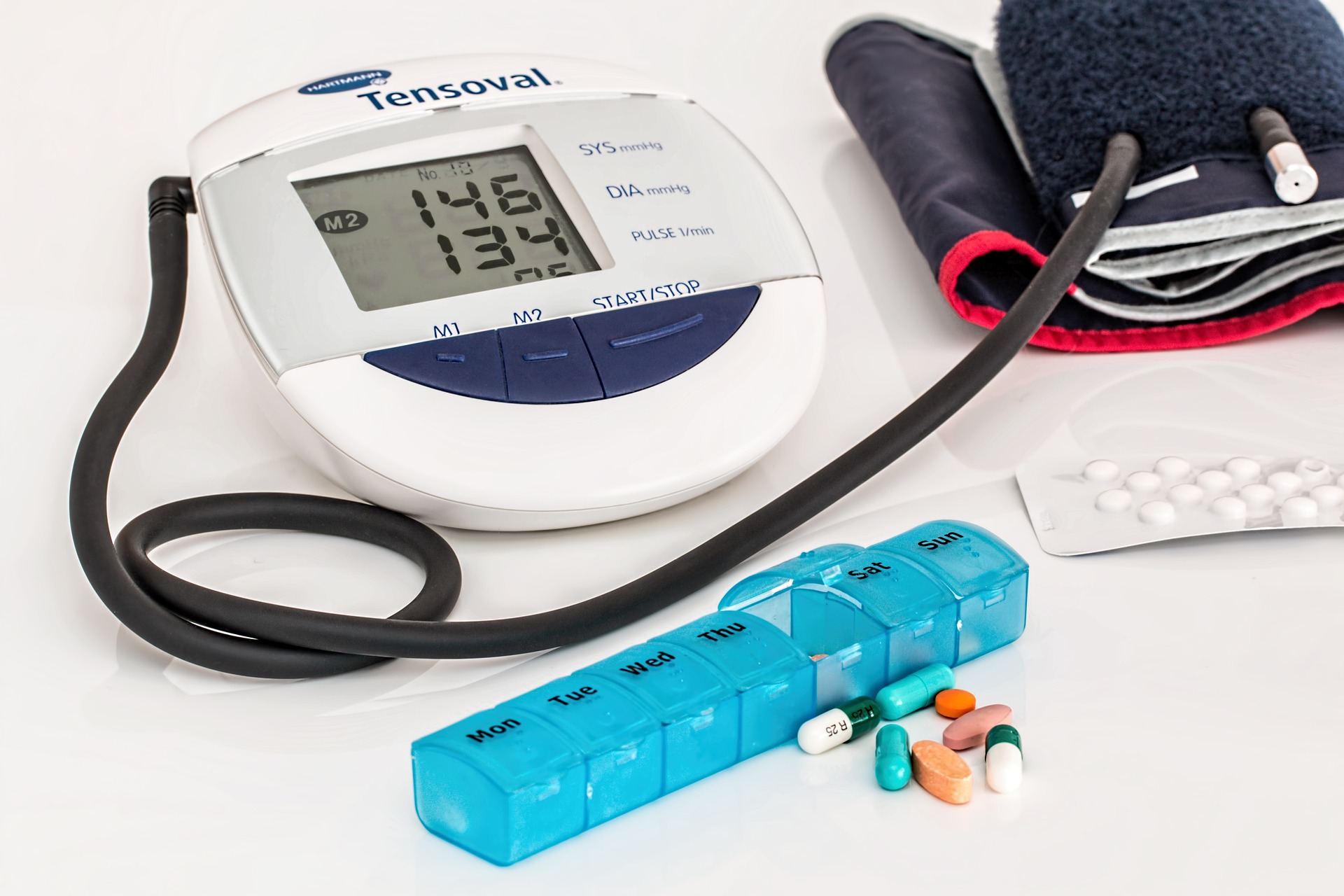Strokes are among America’s leading causes of death, especially among older adults. While someone of any age might suffer a stroke, the vast majority – 62% according to the CDC – occur in people over the age of 65. Almost one million Americans each year suffer strokes, and for some, they appear without warning. However, the risk factors and warning signs of strokes are well known, and you can help your older family members by educating yourself about strokes and helping them take action to address lingering problems.
What Is A Stroke?
If you are not entirely sure what a stroke is, the simplest way to explain them is by telling you their seldom-used alternative name: brain attack. Strokes occur when blood cannot reach the brain or vessels within the brain rupture or become blocked. Oxygen-rich blood is essential for brain functions, and any interruption can quickly lead to permanent damage to brain tissue. Strokes are possible within a few minutes of blood supply interruptions, but even this small amount of time is enough for a dangerous chain of events that can lead to permanent loss of bodily functions or death.
There are two main types of strokes: Ischemic and Hemorrhagic.
An Ischemic stroke occurs when your brain does not receive blood due to blood clots or vessel blockage in the vessels that supply blood to the brain. Hemorrhagic strokes, in contrast, occur when a brain artery explodes, leaks, or ruptures, flooding the nearby brain tissue with blood that badly damages nearby brain cells.
There is a lesser form of stroke, a pseudo-stroke called a Transient Ischemic Attack (TSA). As the name suggests, a TSA is a temporary blockage that stops blood flow for a short period of time. As a TSA is essentially an ischemic stroke that luckily clears itself, it is one of the most clear early warning signs of future strokes.
Risk Factors of Strokes
While anyone might suffer a stroke, there are clear risk factors that signal someone as more susceptible. These include:
- Suffering a TSA in the recent past
- Cardiovascular diseases
- High blood pressure
- High cholesterol
- Age
- Excessive body weight
- Diets of unhealthy fats, alcohol, and tobacco
- Sedentary Lifestyle
A TSA is the clearest sign that a full stroke is imminent, and you should seek medical assistance as soon as possible following the passing of a temporary TSA.
Identifying A Stroke
Stroke symptoms can appear suddenly or over the span of days, so understanding the symptoms of stroke is essential for helping your family member receive urgent care to limit the damage of a stroke or help stop them from occurring. The most common symptoms of strokes include:
- Sudden confusion regarding verbal communication
- Headaches and targeted head pain
- Numb and droopy areas of the body, like arms and face
- Sudden difficulty walking and moving without falling or losing balance
Preventing A Stroke
While strokes have a long list of potential reasons for occurring, you and your family members can still take active steps to minimize your risk as much as possible.
The best way to prevent a stroke is to live a healthy lifestyle, specifically one that limits your intake of unhealthy fats and keeps you active. Smoking and alcohol are two things that all doctors recommend limiting to avoid many different complications, one of which is strokes.
Strokes can leave someone with permanent disabilities that affect their daily life. If you are seeking professional assisted living or memory care in Venice, call A Banyan Residence today to learn how we can help your family member live their best life.

